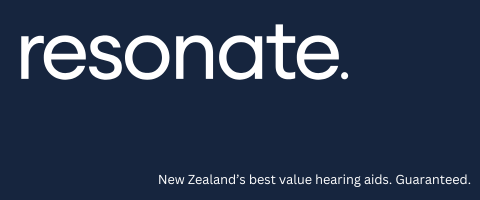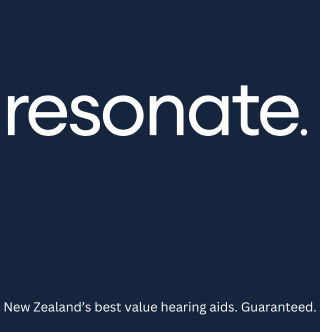
A number of dead waterfowl have been removed from Waimanu Lagoons, Waikanae. It’s suspected that avaian botulism, a disease that causes paralysis and death in birds and fish, is the cause of the mortalities.
While the cases have been detected at the Waimanu Lagoons, it is expected that the outbreak will extend to Waikanae Scientific Estuary Reserve due to the proximity and movement of birds between sites. Caution is advised at both locations.
Kāpiti Council – Environment and Ecological Services team lead Andy McKay says the lagoon water had been tested earlier in the week and confirmed there was no toxic algae present, so avian botulism is the probable cause.
“While the toxin that causes avian botulism is present in the environment year-round, most outbreaks of avian botulism occur during summer when conditions are favourable for the bacteria levels to increase rapidly”, says Mr McKay.
“Wild and captive bird populations, most notably waterfowl, are at risk of contracting the disease through the consumption of invertebrates and, most commonly, maggots that are infected with the toxin. The disease will also kill fish and eels (tuna).
“Thankfully, avian botulism does not pose a major risk to humans, but cats and dogs are at risk of illness if they eat infected carcasses.
“We ask people to keep themselves and their animals away from any dead birds, eels, or fish they find in or near our waterways and to inform Council so we can remove and dispose of the carcasses safely.
“Signage will be installed at Waimanu Lagoon, to ensure people are aware of the issue.
“We’re inspecting the lagoons daily to remove dead birds and dispose of them safely.
“Outbreaks are managed through the removal of infected carcasses and breaking the maggot cycle. The disease generally runs its course once cooler weather arrives.”
“We’re working with Greater Wellington Regional Council, Ministry for Primary Industries, Fish & Game, and the Department of Conservation to ensure collectively we have a good grasp on the spread and to keep the public informed if the situation changes.”
Public are advised not handle dead fish, eels or birds with their bare hands, and not to harvest or consume birds, eels, or fish from areas where botulism is suspected.
To report any dead birds in Council parks and public spaces please phone: 04 296 4700 or 0800 486 486.
More information about avian botulism can be found at: Avian botulism – Kāpiti Coast District Council (kapiticoast.govt.nz)



















































